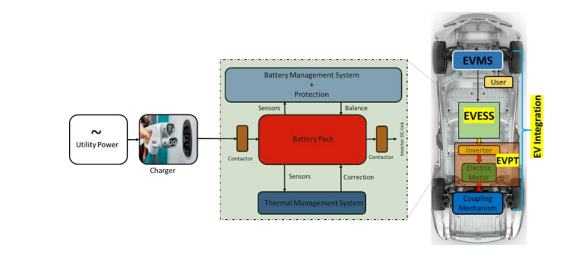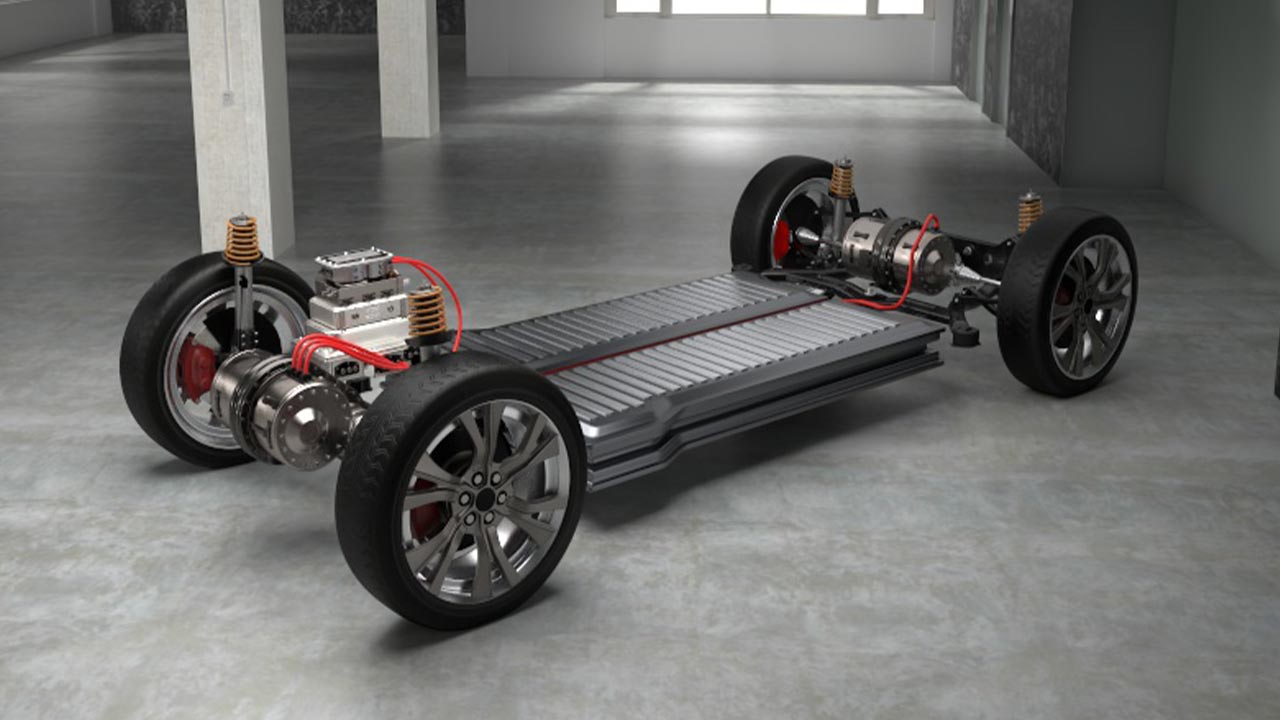Project Overview

PROJECT DESCRIPTION

Mainstream companies have started offering a range of hybrid and electric cars and are in talks to introduce further models in the country.

However, all these vehicles are expensive and beyond the reach of the common masses. In this regard, locally manufactured EVs could be much cheaper than imported ones.

Methodology
Energy is at the heart of development. Energy poverty can directly be linked to economic and social development and vice versa. Despite a decent-enough power generation capacity, Pakistan currently remains an energy deficient and energy insecure country.


EV Powertrain EVPT
The development and realization of the advanced electric drive system for an electric vehicle requires a well-optimized geometry of electric machine, proper power electronic circuitry, advanced control system, and sensing mechanism, which will result in the enhanced efficiency of energy conversion of an electric vehicle. In literature, different studies are performed regarding the advanced electric drive system . A detailed review of energy efficiency measures is carried out in the motor system.

EV Energy Storage System EVESS
To appreciate the gravity of the research and development involved in this project, this section first presents the overall system diagram in Fig. where the proposed EVESS system is shown along with the various component of an EV. This part will be divided into two main modules, the details are given below.

Battery Pack Design with Battery Management System BMS
Temperature is one of the major factors that influence performance and SOH directly. Where the ideal operating temperature of the Li-Ion cell is between 15 - 35 °C. The internal resistance and polarization also vary with respect to temperature. At higher temperatures, the cell degrades rapidly.

EV Integration and Testing
The above two components such as EVPT and EVESS will be integrated into the already developed EV prototype at the School of Mechanical and Manufacturing Engineering (SMME), NUST which is at the forefront of research in sustainable energy.


Since the introduction of Pakistan’s first ever national Electric Vehicles (EV) policy in 2019, the Government of Pakistan has also decided to upgrade about 30% of its road vehicles to electric vehicles by 2030.